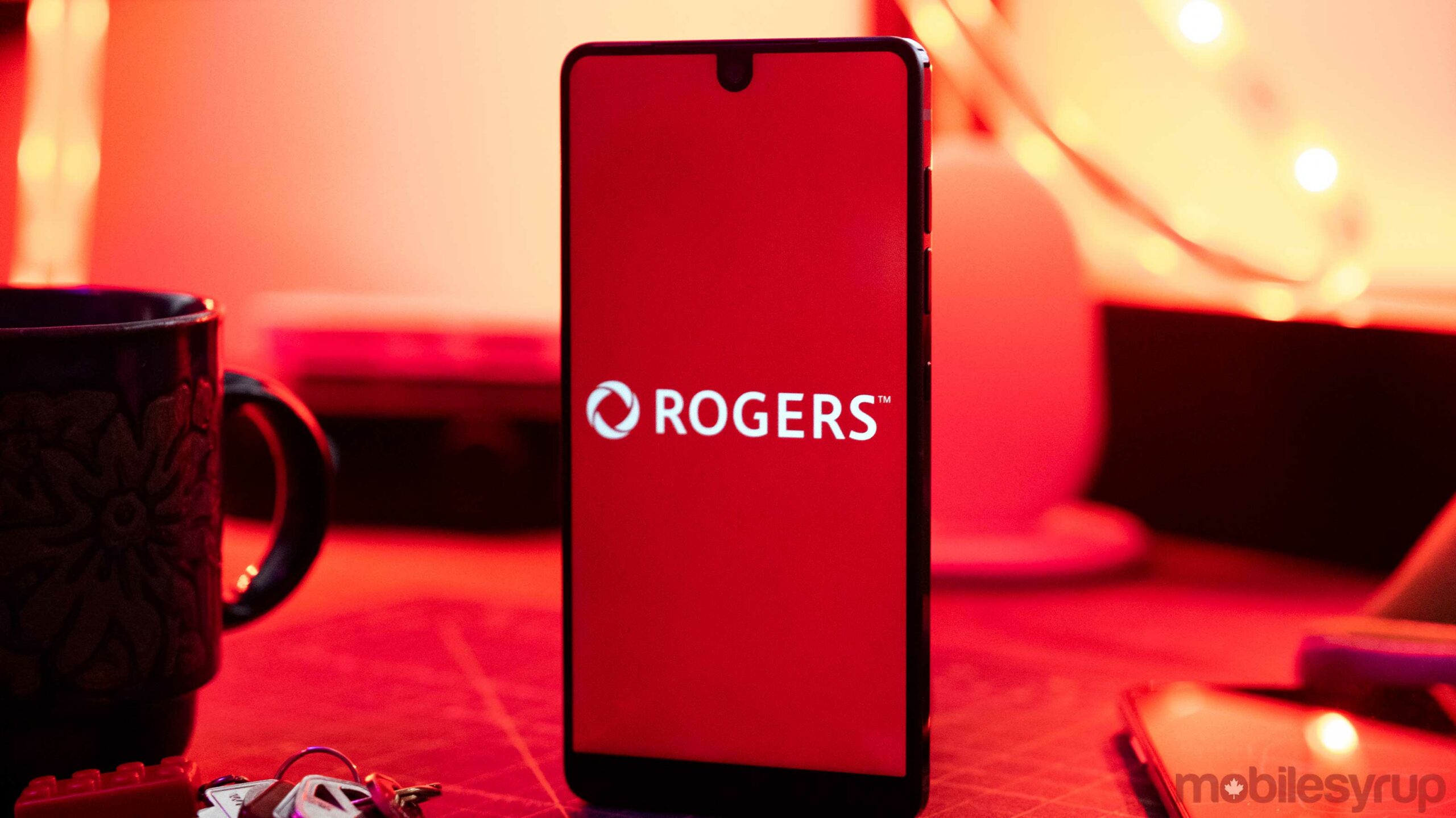
Anthony Lacavera, the founder of Wind Mobile before the Shaw acquisition turned it into Freedom Mobile, is “disappointed” but not surprised about the Rogers-Shaw merger.
Earlier this week, Rogers announced a deal to acquire Shaw, which includes Freedom Mobile. The deal is valued at a whopping $26 billion. Although not set to close until 2022, Canadians have already voiced their displeasure at the prospect of Rogers swallowing yet another player in the mobile space, further reducing the industry’s already scant competition.
Speaking to The Telegram, Lacavera said, “The oligopolies are so strong in Canada. I was disappointed. It’s just so unfortunate that the country I love is dominated by these oligopolies and does not have a competitive market.”
He went on to outline three takeaways about the Rogers-Shaw deal, noting it’ll be bad for consumers, generally bad for jobs but could be good for 5G.
“I think that prices most definitely are going to go up,” Lacavera told The Telegram, pointing to Rogers’ promise that it wouldn’t raise Freedom Mobile prices for at least three years following the acquisition. According to Lacavera, such a promise wouldn’t be necessary in a competitive market.
“If there’s a competitive market, prices are not going to go up.”
New jobs and 5G improvements aren’t the benefits you think they are
Another part of the deal was a promise of adding 3000 jobs in Western provinces. While Lacavera acknowledges those new jobs, he says synergies and overlaps across the merged businesses could lead to more job losses.
Finally, Lacavera’s one positive takeaway that 5G infrastructure could benefit from the merger came with significant caveats. Lacavera told The Telegram that Rogers’ promised $2.5 billion investment attached to the Shaw deal could bolster 5G. Further, it could put Rogers in the lead of the race to build out Canada’s next-gen network technology.
However, Lacavera also worries that customers won’t be able to afford to use advanced 5G networks while trapped under the oligopolistic Big Three.
Unfortunately, the idea that the Rogers-Shaw deal could benefit 5G doesn’t make sense. For one, Rogers is holding investment hostage by attaching it to the Shaw deal — an investment the company would likely have to make anyway to roll out its 5G networks.
Further, Freedom doesn’t currently offer 5G service in Canada, and the carrier’s network footprint is highly concentrated in urban areas, which are already well-served by Rogers 5G. In other words, the Rogers-Shaw deal wouldn’t meaningfully change or improve Rogers’ existing network coverage, making it hard to argue that 5G infrastructure would be a benefit of the deal.
With the Conservative party calling for a committee investigation into the deal, hopefully, the government will heed warnings and concerns from Canadians and regulators will respond accordingly.
It’s worth noting that the proposed transaction is subject to approval by the Canadian Radio-television and Telecommunications Commission (CRTC), the Competition Bureau and the federal department of Innovation, Science and Economic Development.
Source: The Telegram
MobileSyrup may earn a commission from purchases made via our links, which helps fund the journalism we provide free on our website. These links do not influence our editorial content. Support us here.


